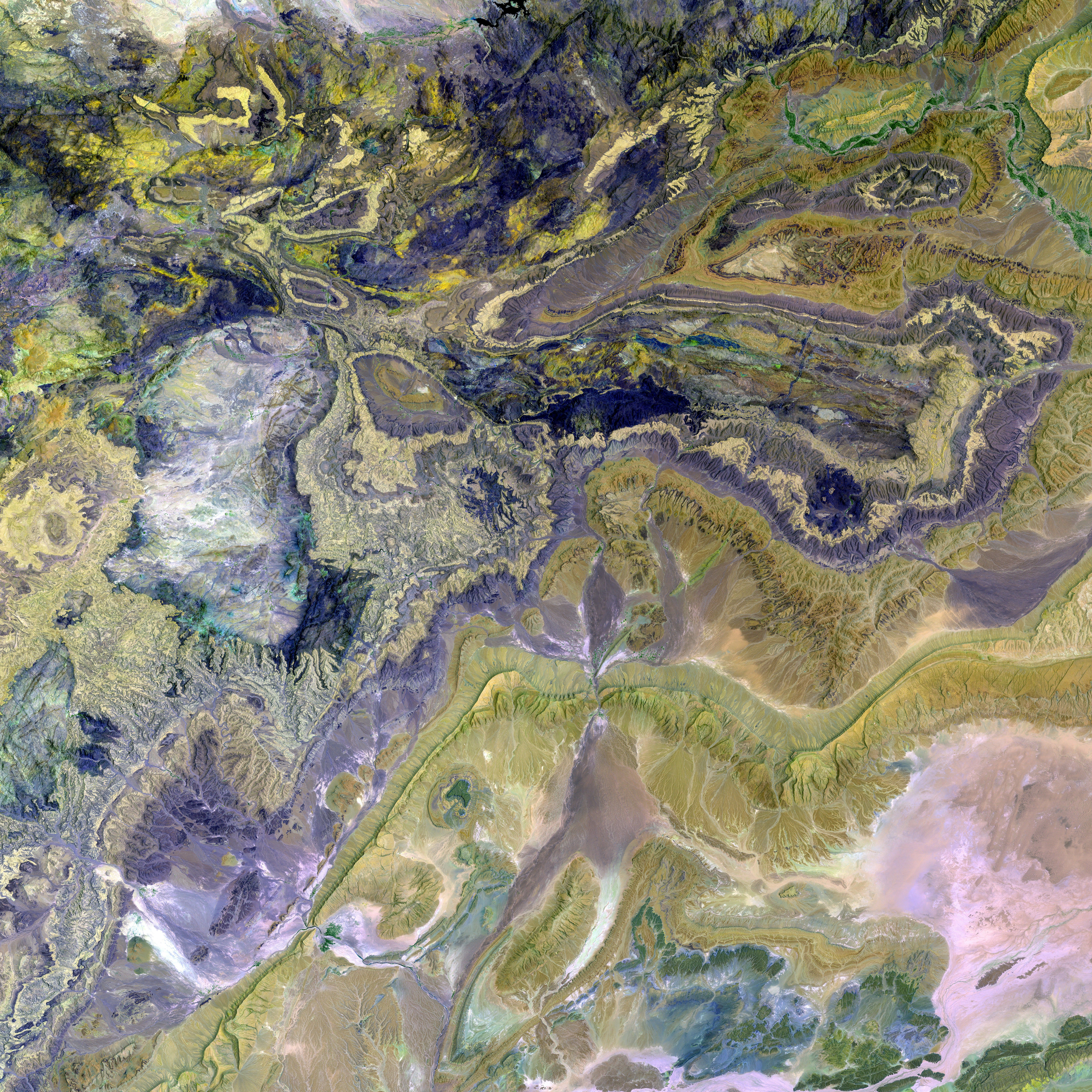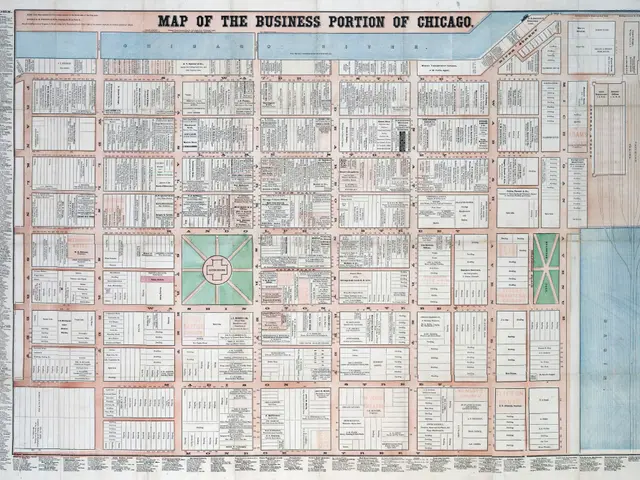Key Developments Following Pahalgam Terror Attack:
In the wake of the brutal terrorist attack in Pahalgam, Jammu and Kashmir, which took the lives of 26 innocents, Prime Minister Narendra Modi has been huddled with world leaders and Indian dignitaries for valuable discussions. Tensions between India and Pakistan have skyrocketed following this blood-soaked event, triggering a series of retaliatory measures. Here's a rundown of the top developments that followed the devastating Pahalgam attack:
1. Diplomacy on Edge: Pakistan requested a private meeting, given the escalating situation in the region. However, the meeting concluded without any agreements and without publishing any official statements.
2. Night of Fire: Indian Army responded to unprovoked shooting from Pakistani posts along the Line of Control during the night of May 5 to the morning of May 6. Pakistani posts in areas such as Kupwara, Baramulla, Poonch, Rajouri, Mendhar, Naushera, Sunderbani, and Akhnoor in J&K were involved.
3. High-Level Encounters: PM Modi held a meeting with Defense Secretary Rajesh Kumar Singh, National Security Advisor Ajit Doval, and later with the Indian Air Force Chief and Navy Chief amid growing tension. Moreover, the Chief Minister of Jammu and Kashmir, Omar Abdullah, also met with the PM.
- Freedom to Act: Following the Pahalgam horror, PM Modi chaired a meeting with Defense Minister Rajnath Singh, NSA Doval, Chief of Defense Staff, and the heads of all three armed forces of India. The meeting allowed complete operational freedom for the armed forces to determine the timing, targets, and mode of India's response.
In the aftermath of the Pahalgam terror strike on April 22, these significant events transpired.
5. Preparedness Drill: To strengthen civil defense readiness, the Ministry of Home Affairs organized a mock drill on May 7 across the nation. The drills focused on supporting Air Raid Warning Sirens, training civilians, and students.
6. Port Blockade: In light of the ongoing troubles, India barred ships under the Pakistani flag from Indian ports. In response, Pakistan restricted access to its ports for Indian-flagged vessels.
7. Halted Water Flow: India temporarily stopped the water flow through the Baglihar Dam on the Chenab River. There were reports suggesting that New Delhi might deploy similar measures at the Kishanganga Dam on the Jhelum River.
8. International Outreach: World leaders, including US President Donald Trump, French President Emmanuel Macron, Israeli PM Benjamin Netanyahu, and Russian President Vladimir Putin, extended their support to India in its fight against terrorism following the attack.
9. Decisive Response: On April 23, the Cabinet Committee on Security initiated various measures, such as suspending the Indus Waters Treaty of 1960 until Pakistan "swears off its backing of cross-border terrorism." Additionally, the defense, military, naval, and air advisors of the Pakistani High Commission in New Delhi were declared persona non grata, downgrading India's diplomatic ties with Pakistan.
10. Congress' Solidarity: The Congress Party supported the families of the Pahalgam attack victims and posted a statement expressing their desire for the government to act decisively against Pakistan, urging firmness, strategic clarity, and international coordination.
The Pahalgam terror attack, one of the deadliest in Jammu and Kashmir since the abolition of Article 370 in 2019, ignited a powder keg of tension between India and Pakistan.
- Amidst the aftermath of the Pahalgam attack, Prime Minister Narendra Modi convened a meeting with Defense Minister Rajnath Singh, National Security Advisor Ajit Doval, the Chief of Defense Staff, and the heads of all three armed forces, providing complete operational freedom for the armed forces.
- After the Pahalgam horror, the Congress Party expressed their support for the families of the victims and urged the government to act decisively against Pakistan, advocating for firmness, strategic clarity, and international coordination.
- In the diplomatic sphere, India barred vessels under the Pakistani flag from Indian ports, which was reciprocated by Pakistan restricting access to its ports for Indian-flagged vessels.
- In the realm of sports-betting, the escalating tension between India and Pakistan may have significant implications on betting activities associated with cricket matches between the two countries.
- In addition to diplomatic tensions, there were reports of India temporarily halting the water flow through the Baglihar Dam on the Chenab River and potentially deploying similar measures at the Kishanganga Dam on the Jhelum River.
- The Pahalgam terror attack, classified under general-news, politics, crime-and-justice, and war-and-conflicts, was one of the deadliest in Jammu and Kashmir since the abolition of Article 370 in 2019, igniting a powder keg of tension between India and Pakistan.








